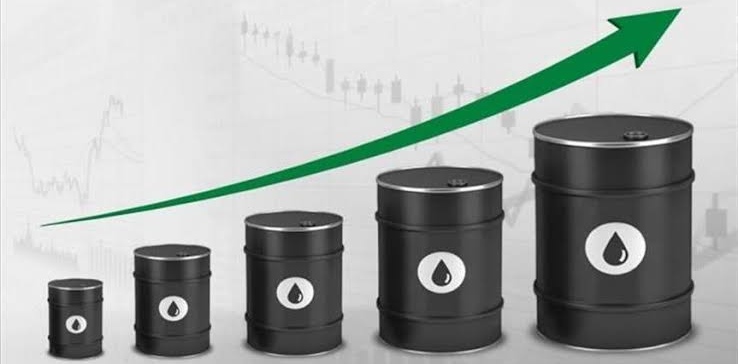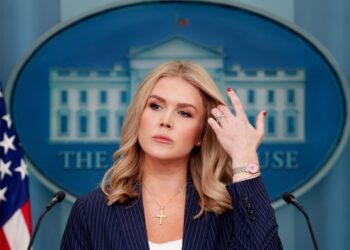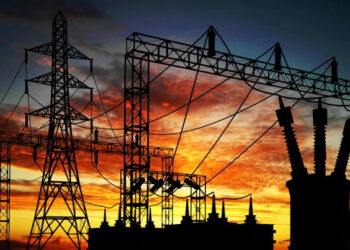By John Ikani
Global oil prices surged toward $120 per barrel this week amid supply disruptions following Russia’s invasion of Ukraine.
Specifically, the prices of Bonny Light, Brent, WTI, rose to $107, $111 and $109 per barrel, from $98, $104 and $108 per barrel respectively on Tuesday.
The global oil market had already tightened significantly prior to the invasion, after economies rebounded strongly from the pandemic.
High oil prices mean more subsidy payments for the Nigerian Government to sell petrol below the international market rate.
The development is coming even as the United States and other member states of the International Energy Agency (IEA) agreed to release 60 million barrels of oil reserves to tame rising prices.
The Organisation of Petroleum Exporting Countries (OPEC) after the end of its 26th virtual OPEC and non-OPEC Ministerial Meeting on Wednesday issues a statement noting that: “current oil market fundamentals and the consensus on its outlook pointed to a well-balanced market, and that current volatility is not caused by changes in market fundamentals but by current geopolitical developments.”
It also stated: “The OPEC and participating non-OPEC oil-producing countries decided to reconfirm the production adjustment plan and the monthly production adjustment mechanism approved at the 19th Ministerial Meeting and the decision to adjust upward the monthly overall production by 0.4 mb/d for the month of April 2022, as per the attached schedule.
The Minister of State for Petroleum Resources, Timipre Sylva had last week lamented that the increase in prices of crude oil is not in the best interest of Nigeria.
Reacting to the rising prices of crudes in the global market, he said Nigeria will be comfortable with prices ranging between $70 and $80 per barrel.
Specifically, he said: “We are hopeful the prices will move around, maybe $80, maybe $70. We are hoping it will come down to somewhere around $70 to $80, which will be sustainable for us to the end of the year.
“In 2021, the nation had agreed to voluntarily cut its daily crude oil production by 939,000 barrels between January and March after a meeting with the crucial meeting of the Organisation of Petroleum Exporting Countries (OPEC) and its allies.”
According to him, “the inability of Nigeria to activate the oil wells it shut down when OPEC instructed producing countries to cut production, as well as the lack of investment in the upstream sector, are affecting the nation.”
He went on to note that: “We are working hard on that (production increase). What happened to us was the fact that we had to cut back at the time, and, of course, in such a way you can’t cut back mathematically.
“So, you want to cut back 100,000 barrels that you shut out, maybe we’ll shut down about 200,000 to 300,000 barrels. So, at the end of the day, we over-complied because we just couldn’t achieve it mathematically.
“In trying to cut down, we cut down too much. And now to come back, it’s not been easy for us to get the wells back to production.”
He said, a lot of additional investments would be needed to ramp up production, but he lamented that foreign funding was fizzling out for the industry.




































